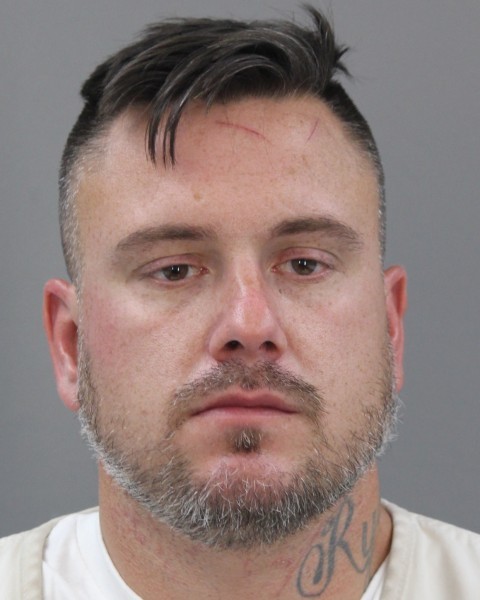Delaware’s ongoing battle over property taxes reaches a critical stage today as the state’s Court of Chancery prepares to hear arguments on the legality of New Castle County’s new split-rate tax system.
The case, scheduled to begin at 9:15 a.m. before Vice Chancellor Lori Will, will determine whether county and school officials may proceed with issuing revised tax bills following Delaware’s first property reassessment in more than forty years.
The lawsuit was filed by a coalition of landlords, hotel operators, and mobile home associations. They are suing the State of Delaware, Governor Matt Meyer, County Executive Marcus Henry, and several New Castle County school districts. The plaintiffs argue that the law allowing separate residential and nonresidential tax rates violates the state’s constitutional requirement for uniform taxation. They contend that the system places an unfair financial burden on businesses and landlords, costs that will ultimately be passed on to renters.
The dispute centers on House Bill 242, which lawmakers approved during a special session of the General Assembly in August of this year. The special session was called after property owners across the county were shocked by dramatic increases in their new tax bills. Many homeowners saw increases of hundreds or even thousands of dollars, while some commercial property owners experienced decreases, sparking widespread public anger and demands for relief.
House Bill 242 allowed school districts in New Castle County to reset their tax rates for the 2025–2026 fiscal year and reissue tax warrants using separate rates for residential and nonresidential properties. Payment deadlines for revised bills were also extended to November 30, 2025.
At a pretrial hearing Friday, Vice Chancellor Will confirmed that today’s proceeding would serve as the trial on the merits. The case is expected to proceed as a paper trial based on written submissions, but attorneys were permitted to call witnesses, which could extend the hearing beyond one day according. The court denied a motion from the defense to strike expert reports submitted by the plaintiffs, including one related to rental market effects.
The reassessment process has also drawn political controversy. During a legislative committee hearing, New Castle County Executive Marcus Henry stated that the administration of former County Executive Matt Meyer, now Governor of Delaware, instructed reassessment officials to delay the release of tentative property values until after the November 2024 election. Henry testified that officials had recommended issuing the notices earlier but were directed to wait until mid-November. Meyer has denied the allegation, saying the schedule followed the timeline outlined in the county’s contract with Tyler Technologies, the firm responsible for conducting the reassessment.
If the plaintiffs win, the split-rate system will be struck down and residential property taxes are likely to revert to their July amounts. If the defendants prevail, the dual-rate structure will remain in place, keeping residential taxes lower while maintaining higher rates for nonresidential properties. Vice Chancellor Will is expected to issue a ruling by the end of October, a decision that could shape Delaware’s property tax structure and future reassessment policy for years to come.









































